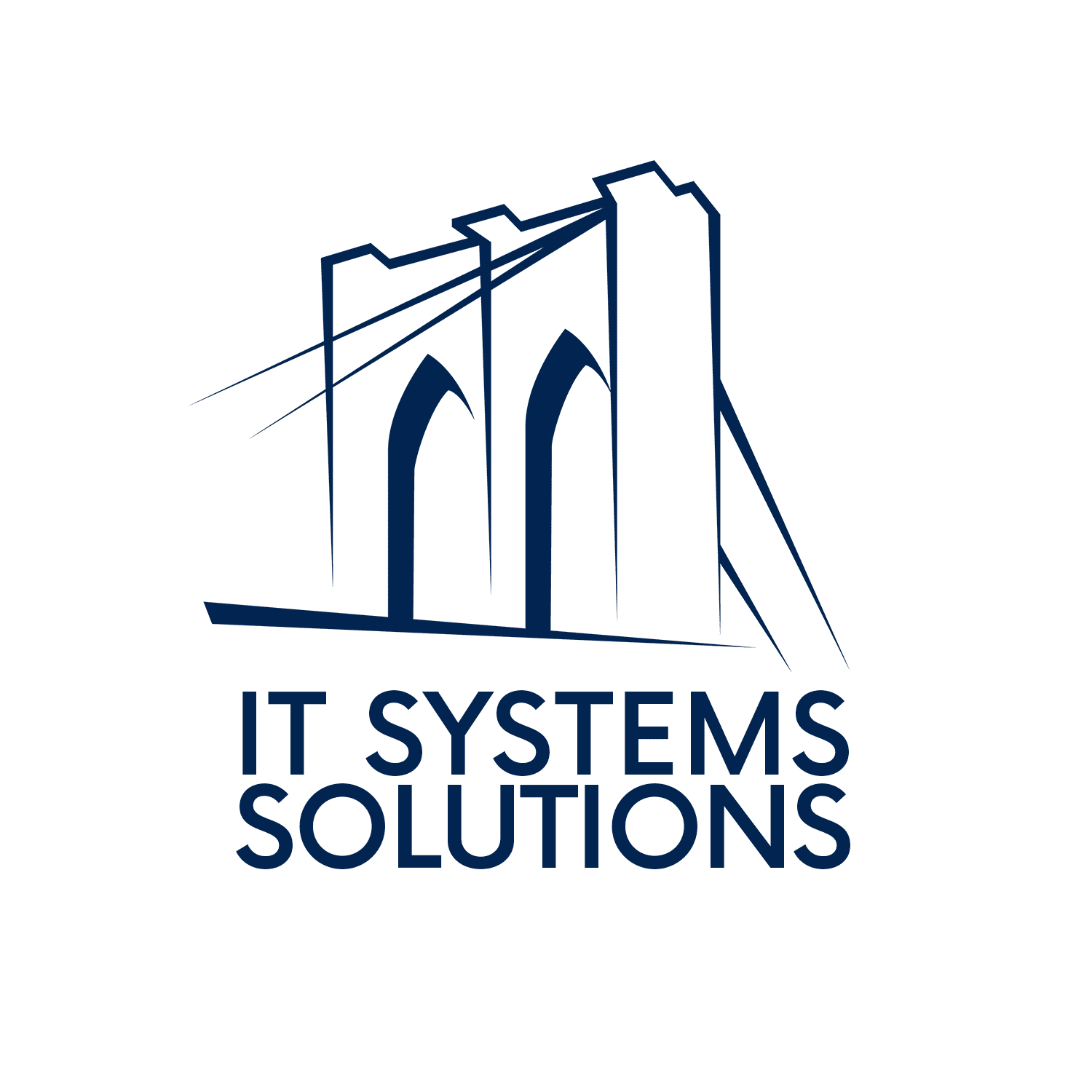In today’s digital age, where cyber threats are constantly evolving and becoming more sophisticated, ensuring the security of your online accounts and sensitive information is paramount. One effective way to boost your defenses is by utilizing multifactor authentication (MFA).
What is Multifactor Authentication (MFA)?
Multifactor authentication, often abbreviated as MFA or 2FA (Two-Factor Authentication), is a layered approach to security that requires users to provide two or more separate authentication factors before gaining access to an online account or system. These factors typically fall into three categories:
Something You Know: This could be a password, PIN, or answer to a security question.
Something You Have: This encompasses items like a smartphone, smart card, or a hardware token that generates temporary codes.
Something You Are: This involves biometric data such as fingerprints or facial recognition.
Why is Multifactor Authentication Important?
Enhanced Security: The primary purpose of MFA is to add an extra layer of security beyond just a username and password. Even if a malicious actor manages to crack your password, they will still need the additional factor to gain access, making unauthorized access more challenging.
Protection Against Phishing: MFA can thwart phishing attacks where cybercriminals trick users into revealing their login credentials. Even if users fall victim to phishing, the attacker would still need the second authentication factor.
Reduced Risk of Unauthorized Access: With MFA in place, the chances of unauthorized access to sensitive systems or data are significantly reduced, safeguarding your business from data breaches and financial losses.
Compliance Requirements: Many industries and regulatory bodies mandate the use of MFA as a security measure to protect sensitive data. Compliance with such regulations is crucial to avoid fines and legal consequences.
How MFA Benefits Businesses
Implementing MFA can be a game-changer for businesses in several ways:
Protects Customer Data: For businesses that handle customer information, MFA is a vital tool for safeguarding sensitive data, earning customer trust, and complying with data protection regulations like GDPR or HIPAA.
Secures Employee Accounts: MFA not only safeguards customer data but also protects employee accounts, preventing unauthorized access to company resources, email accounts, and internal systems.
Mitigates Financial Risks: By reducing the risk of data breaches and cyberattacks, MFA helps businesses avoid costly financial consequences, such as legal fees, reputation damage, and loss of revenue.
Boosts Reputation: Demonstrating a commitment to cybersecurity by using MFA can enhance your business’s reputation and attract customers who prioritize security.
Multifactor authentication is an essential cybersecurity measure that businesses should adopt to enhance their security posture. By implementing MFA, companies can protect sensitive information, reduce the risk of breaches, and comply with regulatory requirements, ultimately ensuring the safety of their operations in the digital world.
